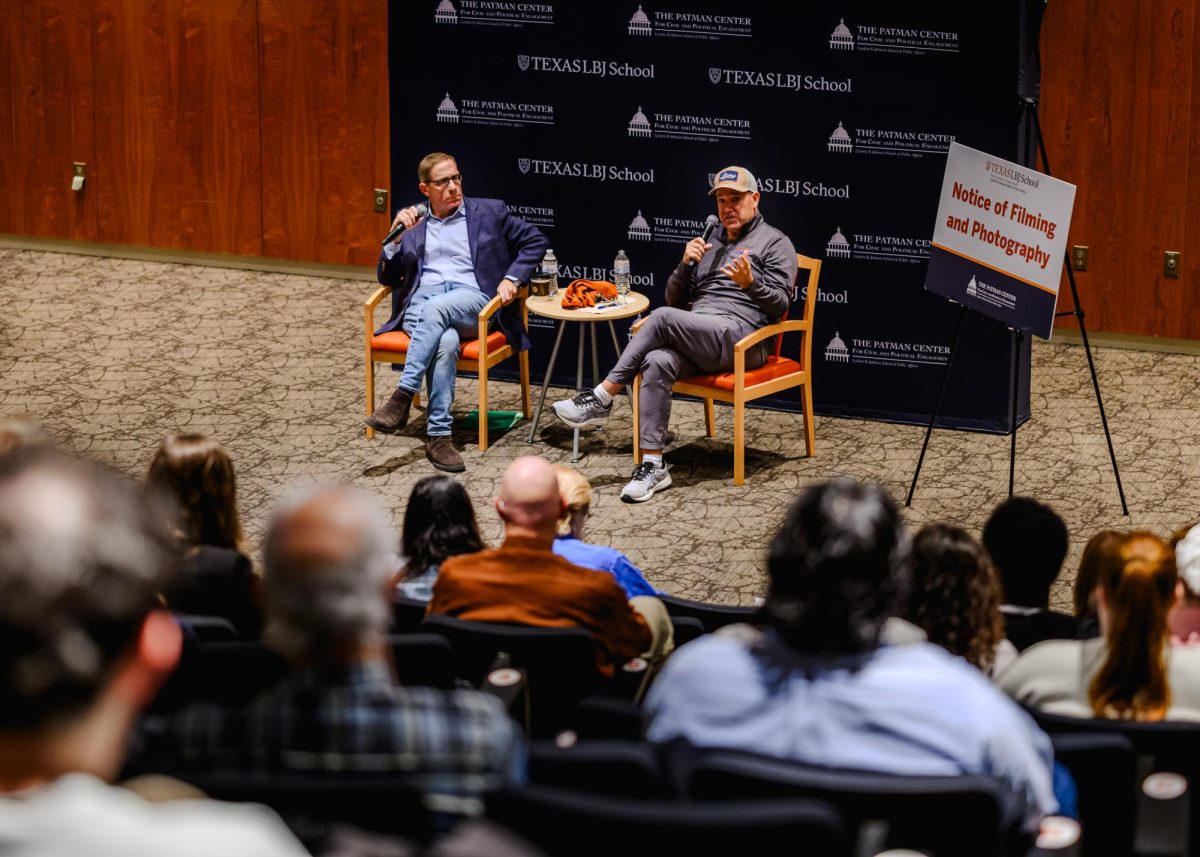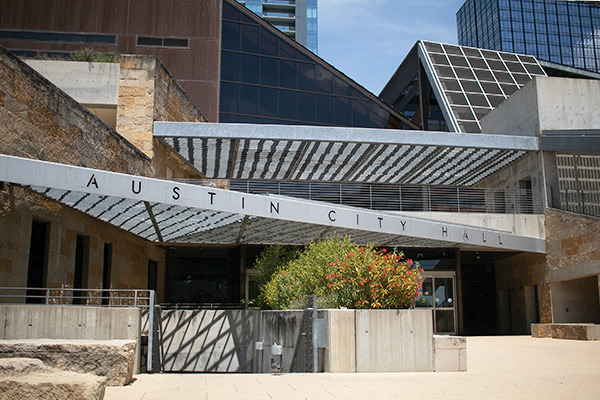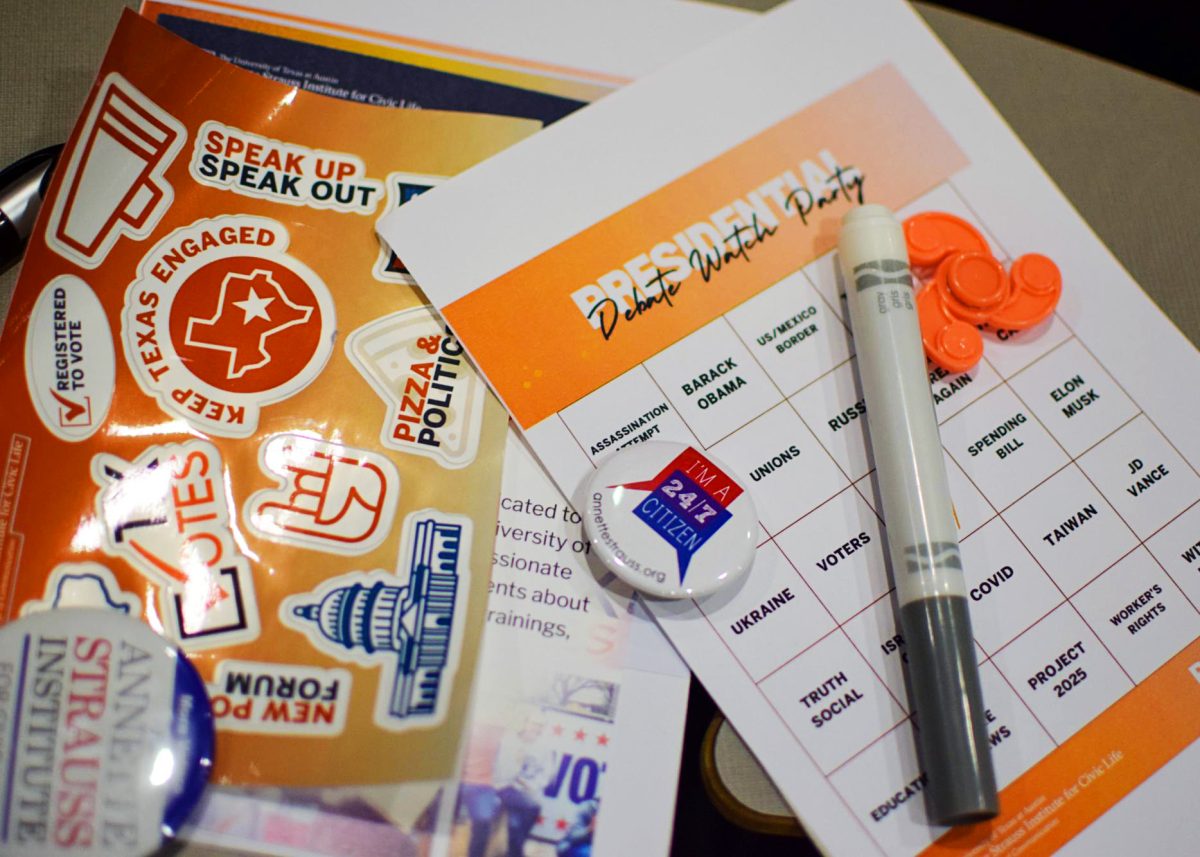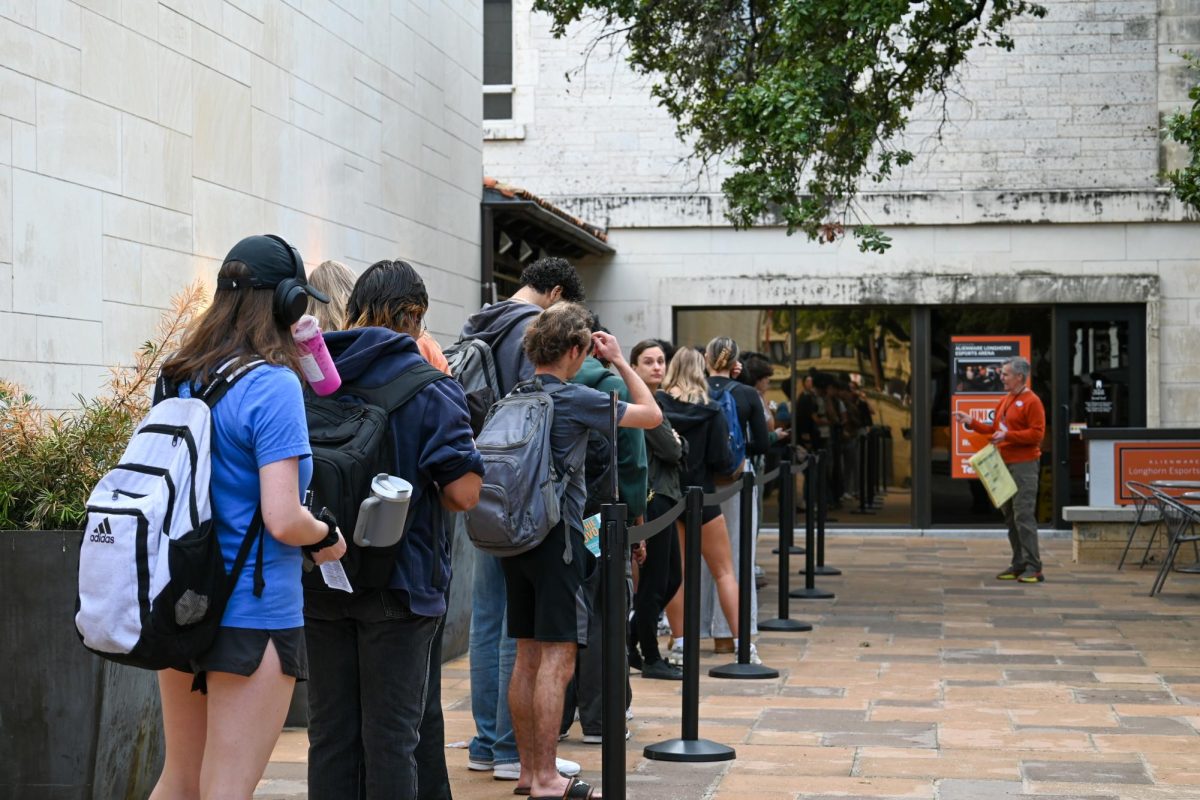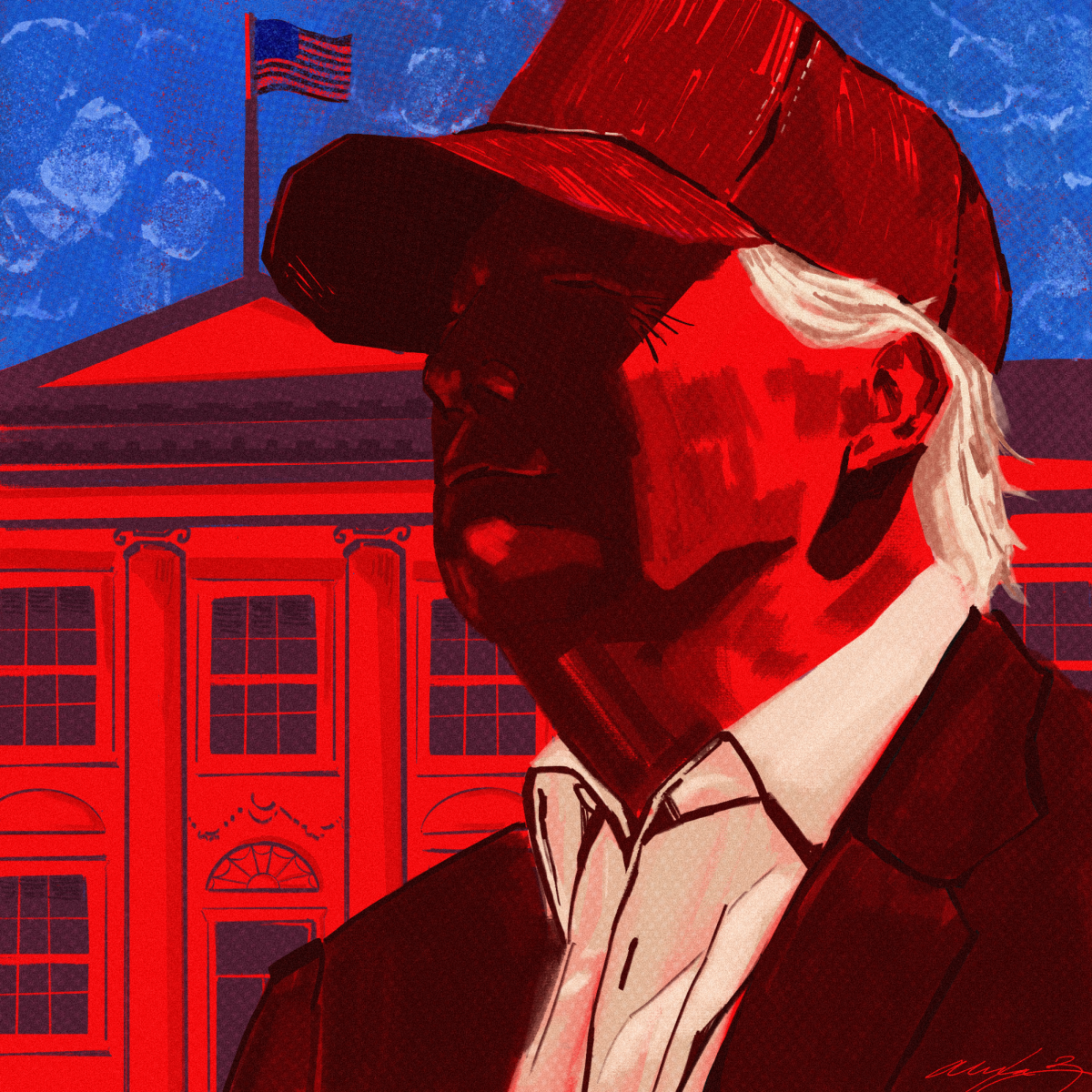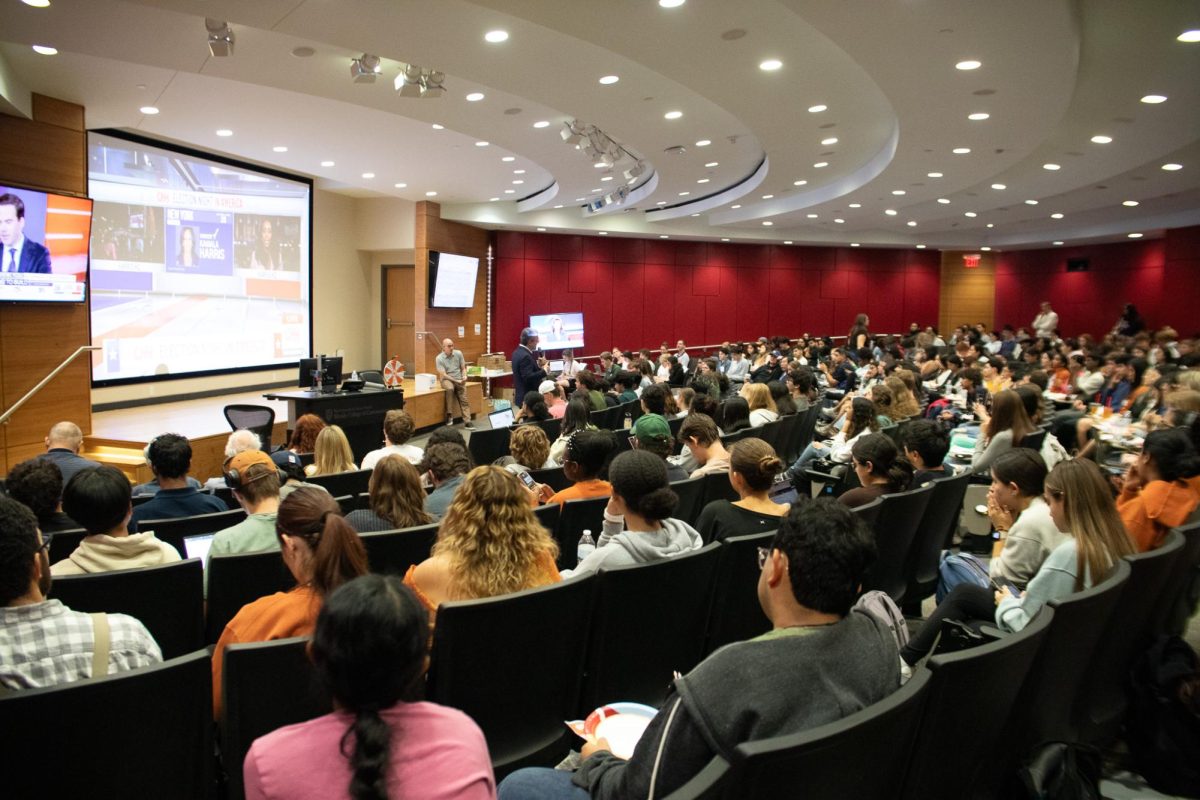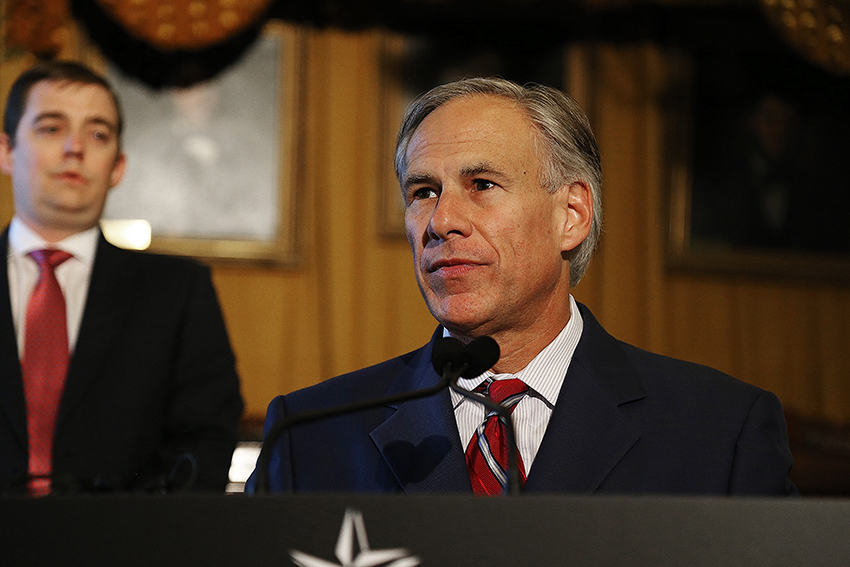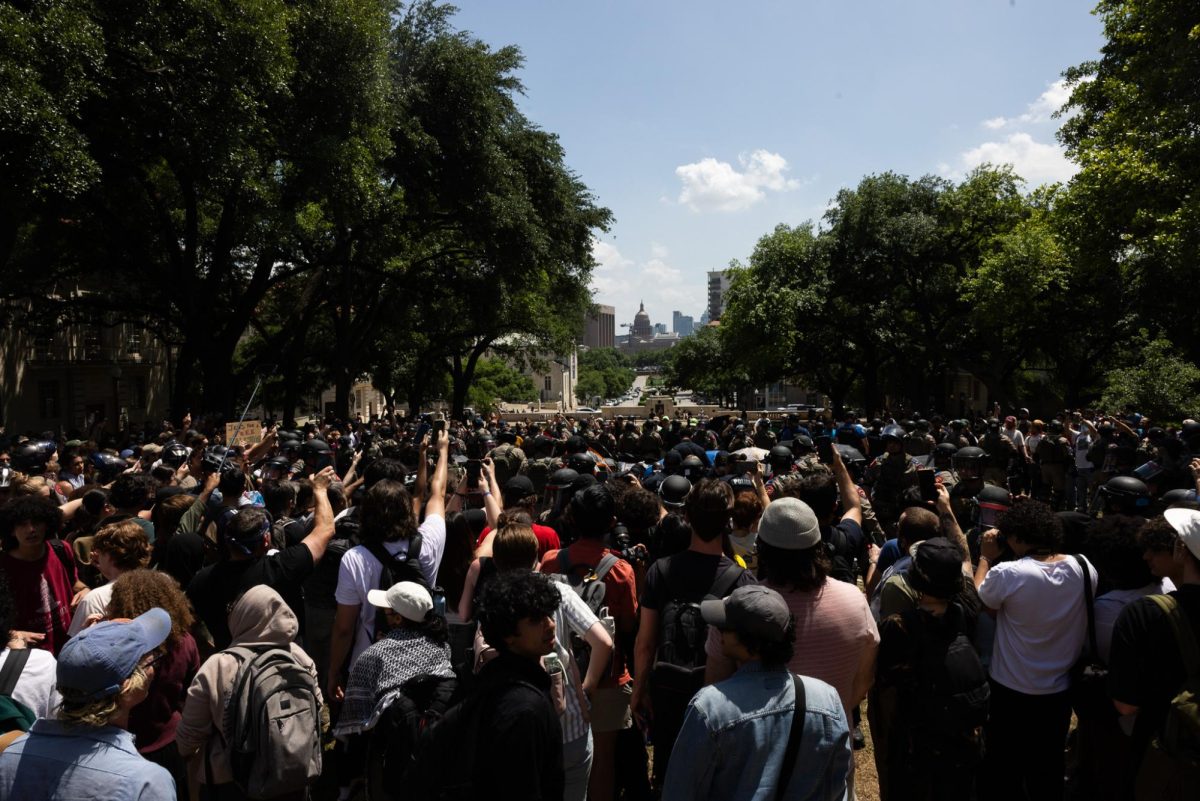The Patman Center at the LBJ School of Public Affairs held a post-election debriefing on Nov. 7 to discuss areas where the Harris-Walz campaign may have come short, Harris’ overall performance in the polls and issues with the Democratic Party.
Matthew Dowd, ABC News special correspondent and analyst, said Harris was “put in a box” throughout her entire campaign as she couldn’t separate herself from just being President Joe Biden’s vice president. He said voters felt her campaign’s rapid rise was very orchestrated because of its short duration and lack of a Democratic primary.
Dowd said had Biden stepped back from reelection two years prior to his announcement, there may have been an opportunity for Harris to distinguish herself from Biden. Professor of practice Evan Smith said people may have voted for Trump despite disagreeing with his character or social policies.
“She was not going to be able to untether herself from (Biden) because she was an incumbent vice president in an administration where (voters) didn’t like the work of the White House,” Smith said.
Dowd said Harris exceeded expectations in her campaign performance especially given the challenging circumstances and the limited time — about 100 days — to run a nearly flawless campaign. Historically, when incumbent candidates run for re-election, they tend to poll close to their personal approval rating and the trend can be seen when vice presidents from incumbent administrations run for office. When Vice President George H. W. Bush ran for president, Ronald Reagan’s approval rating was about 53%, and Bush received about 48% of the vote. In contrast, Biden’s approval rating on Election Day was 38%, yet Harris managed to exceed this by nine to 10 points.
“I’m pretty confident that if Joe Biden’s job approval rating on Election Day was 44-45%, Vice President Harris would be president-elect Harris,” Dowd said.
Smith and Dowd said the Democratic Party has struggled in recent years to connect with working-class voters, focusing more on college-educated individuals, a shift that has increasingly impacted their performance in each election.
“There is an argument to be made that since the Clinton years the Democratic Party has become both in reality and also in language a party of the college-educated folks,” Dowd said. “The way they communicate has often left out nurses, construction workers, laborers, waitresses, people that work in fields (and) custodial people.”

